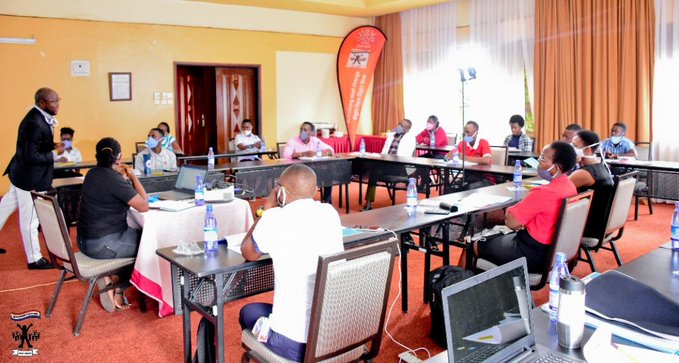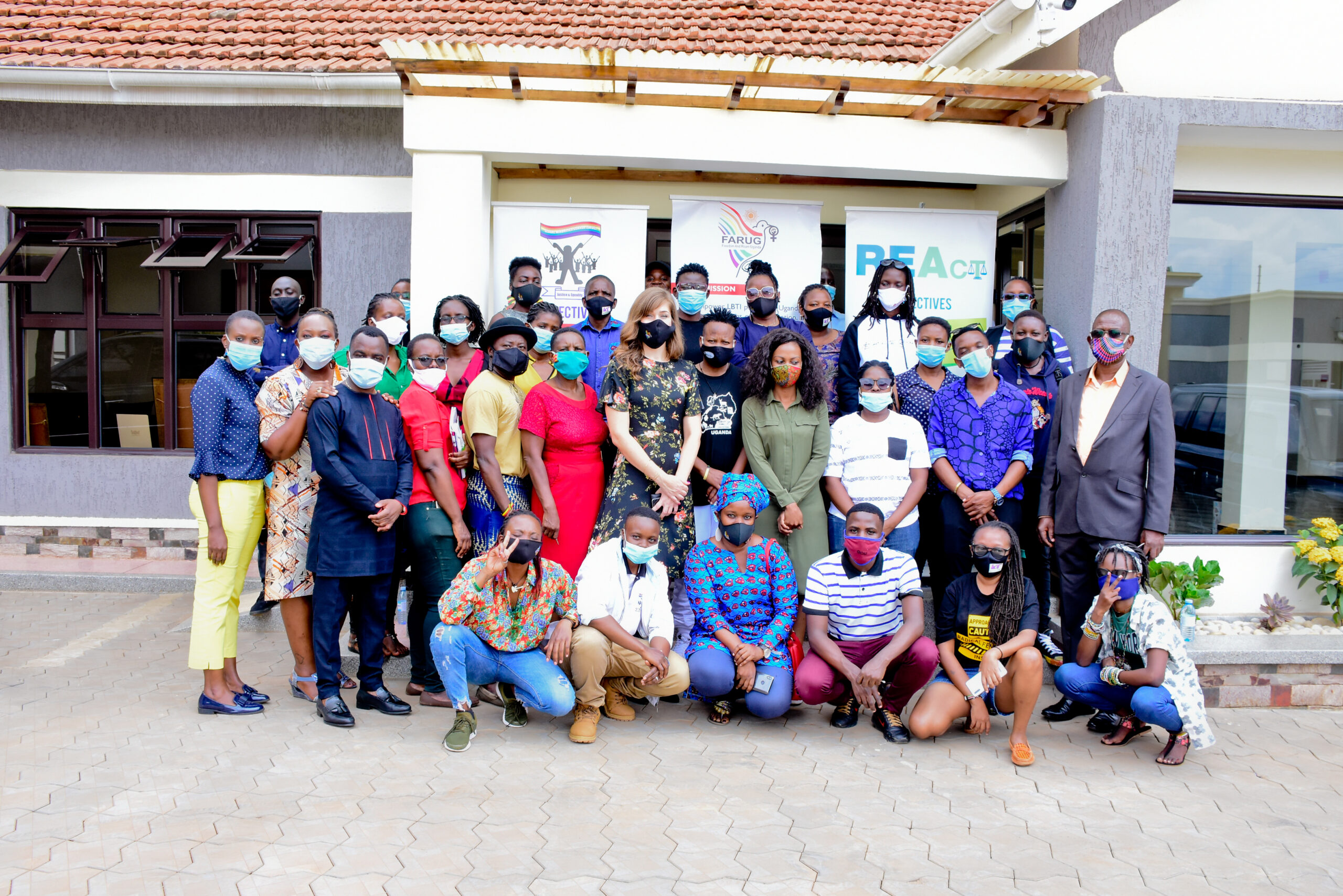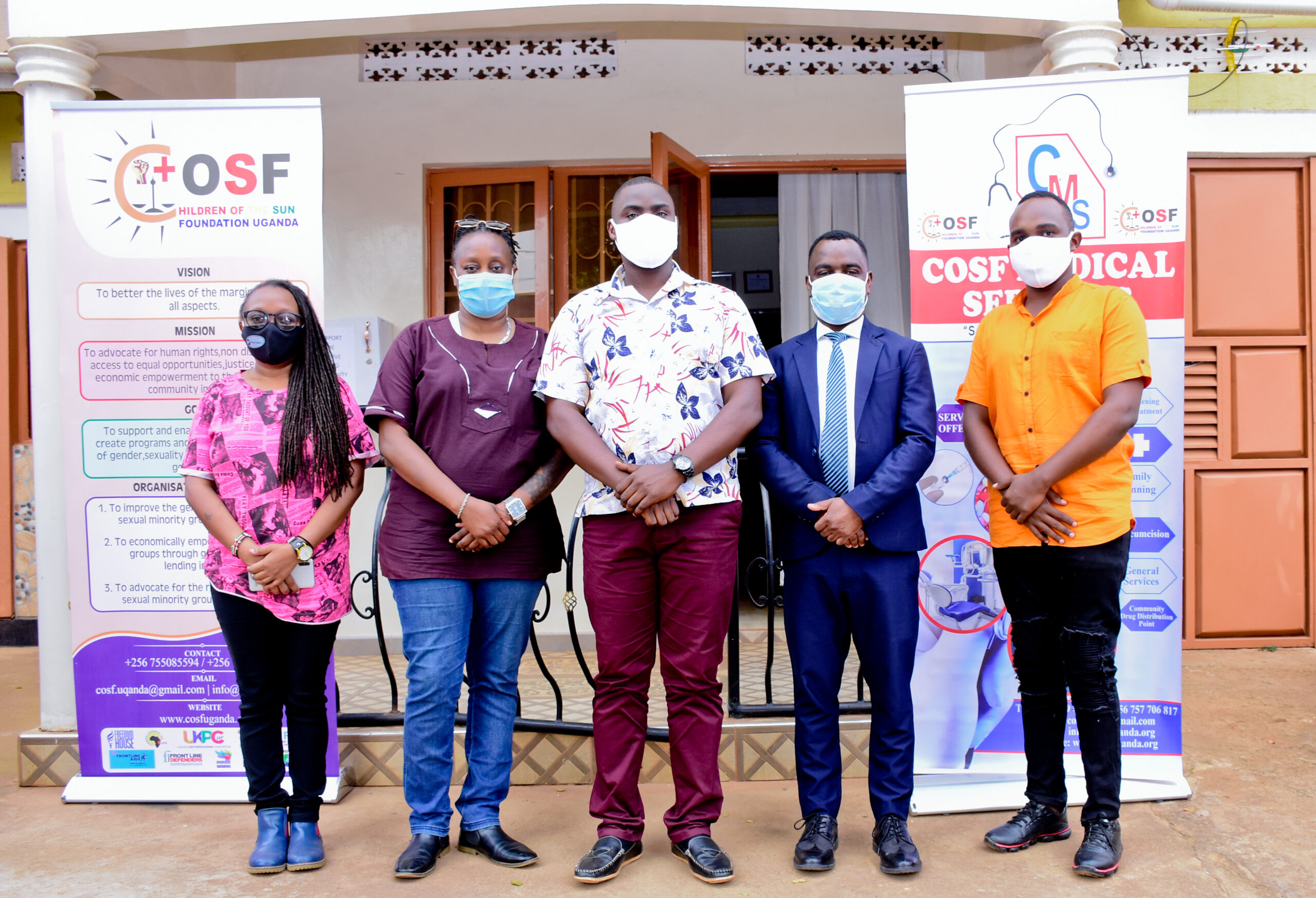This article by Stephanie Barry was originally published on MassLive.com, Western Massachusetts’ most popular local news and information site, on June 16, 2015. The article can be accessed here.
SPRINGFIELD – Lawyers in the federal “crimes against humanity” lawsuit against anti-homosexuality pastor Scott Lively continue to wrangle over which information should be made public in the case, and how public that information should be.
Lively, a Springfield-based evangelist and president of “Abiding Truth Ministries” was sued by an LGBT advocacy group in East Africa called “Sexual Minorities Uganda,” or SMUG, in 2012. The plaintiffs allege Lively helped incite a violent backlash against gay citizens there that included harassment, jail, violence and even death. At issue are two workshops Lively attended in 2009 and 2012 the plaintiffs argue were key events in the persecution of LGBT members, which included criminalizing advocacy for these citizens.
Attorneys for the plaintiffs have labeled Lively a “strategist” and an “architect” of the anti-gay movement in Uganda through his presence at the workshops. Lively has denied having such influence or the intent to encourage violence against LGBT citizens. Moreover, he has argued he is protected by his First Amendment right to free speech.
“Abiding Truth Ministries” has been designated a “hate group” by the Southern Poverty Law Center along with the likes of “Aryan Strikeforce” and the Nation of Islam, according to the “hate map” on its website. Lively has argued his ministry is “pro-family” and that he is anti-homosexuality, not anti-homosexual, according to a letter to the editor he submitted to The Republican in February. He wrote that he believed the phrase “anti-gay pastor” is a slur.
Civil rights protesters have consistently hounded Lively at his “Holy Grounds” coffee shop on State Street and show up by the dozens for each court hearing.
Lively is being represented by the Liberty Counsel, based in Orlando, Florida, which bills itself on its website as “an international nonprofit litigation, education, and policy organization dedicated to advancing religious freedom, the sanctity of life, and the family.” It has provided pro bono legal assistance on these and related topics since 1989.
Attorney Roger Gannam on Tuesday argued that lawyers for the plaintiffs were being so surreptitious in turning over documents – already subject to an “attorney’s eyes only” restriction – that it was hindering Lively’s ability to wage an effective defense.
“Scott Lively has no desire for the information except for this lawsuit,” Gannam argued to U.S. Magistrate Judge Katherine Robertson. “SMUG has not proved that it’s reliable in deciding what Scott Lively should see and shouldn’t see.”
In particular, the lawyer cited an email relating to a SMUG fund-raiser geared toward paying fees in the Lively case, which he said was so heavily redacted even the subject line was blacked out. Gannam also referred to images the plaintiffs have withheld of participants at the 2009 workshop in Uganda, which he argued Lively couldn’t confirm were there if he can’t see their faces.
Gannam also suggested the plaintiffs’ representation of the significance of the 2009 workshop in Uganda was overstated.
“It has been suggested that the number of (anti-gay) participants at this conference that captivated an entire country was seven, and as many as 30 were SMUG agents who attended just to figure out what was going on,” Gannam argued.
However the plaintiffs have argued that Lively’s evangelism served to stir up an already politically vulnerable country with conservative views on sexuality. SMUG argues the workshops prompted openly gay Ugandans to go into hiding lest they risk being murdered or jailed. The penalty for homosexual acts in Uganda is life imprisonment.
Jeena Shaw, a lawyer for the plaintiff’s on Tuesday argued that certain documents could not be turned over to Lively’s defense team because he may use them to imperil SMUG’s security measures and its allies who have not yet been “outed.”
“He could learn where members choose to meet, how they choose to communicate, – how they travel or hide (in and out of the country),” Shaw told Robertson. “Mr. Lively could further refine (anti-gay) legislation or other modes of attack,” Shaw said.
Gannam said Lively has no such plans and has complied with the protective order already in place in the case.
Lawyers also sparred about how and whether SMUG board member Sam Ganafa should be compelled to appear for a deposition in the case.
The plaintiff’s argue that Ganafa only has tangential knowledge of the events in the case, and has already been subjected to public harassment in Uganda.
Ganafa was privy only to two events of the “outing” of gays in that country, first in 2013 by the Ugandan tabloid “Red Pepper,” which ran a headline that read: “BUSTED –
HOW GAYS OPERATE IN UGANDA,” according to court filings. The article caused a sister agency called “Spectrum” to pack up and move its offices out of fear for its staff’s safety.
A second article ran the day after the “Anti-Homosexuality Act” was passed in Uganda on Feb. 25, 2014 with a headline that read: “EXPOSED! Uganda’s 200 Top Homos Named,” court records state. The second article featured a front page photo of Ganafa, according to the plaintiffs.
The bill was annulled six months later.
Robertson said she will take the discovery disputes under advisement. No trial date has yet been set.
Lively was not present at the hearing, though he has attended several in the past. In March, he announced that he intended to move his coffee shop-based ministry to Riverside, Calif., to “expand the brand.”




